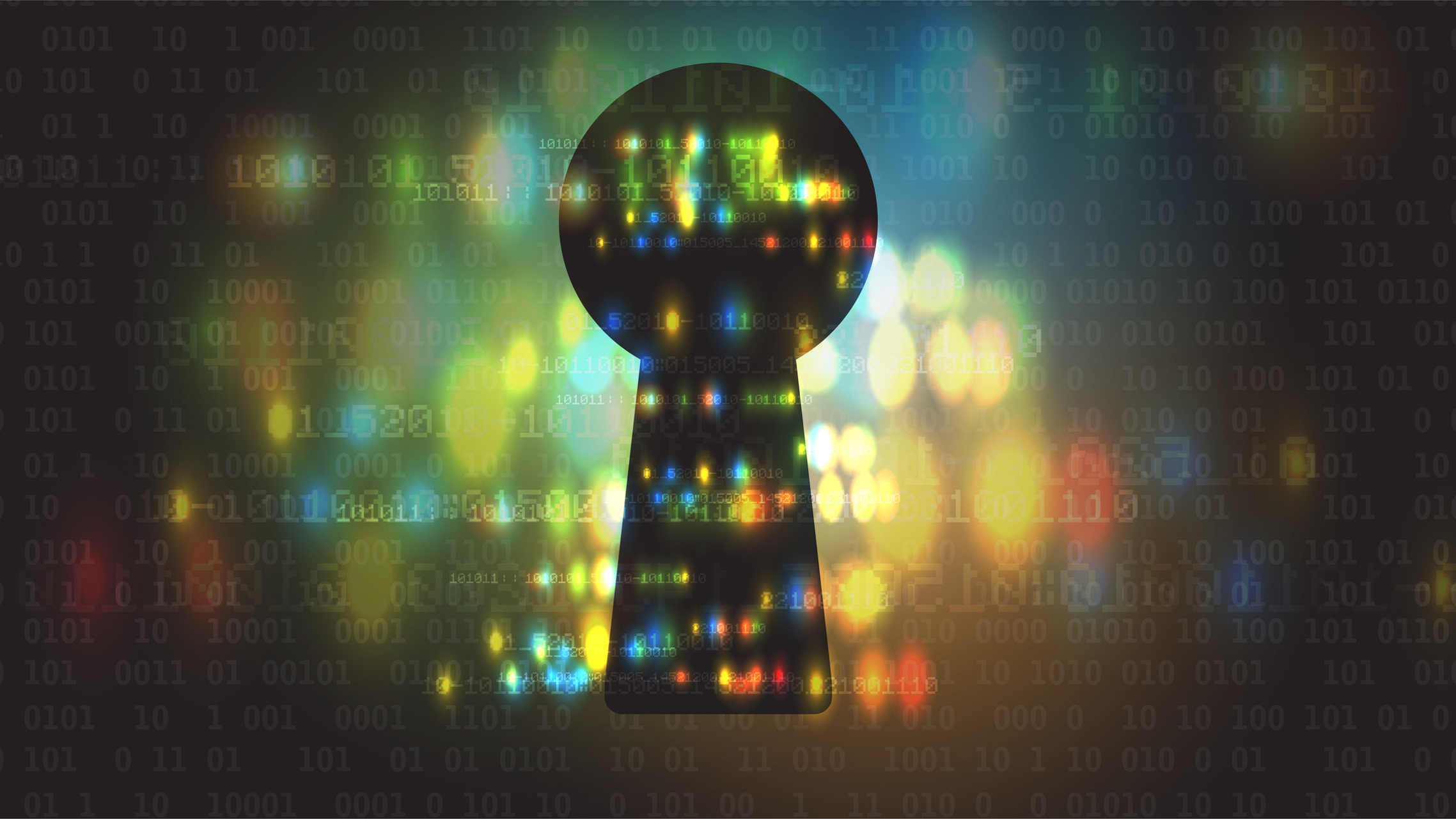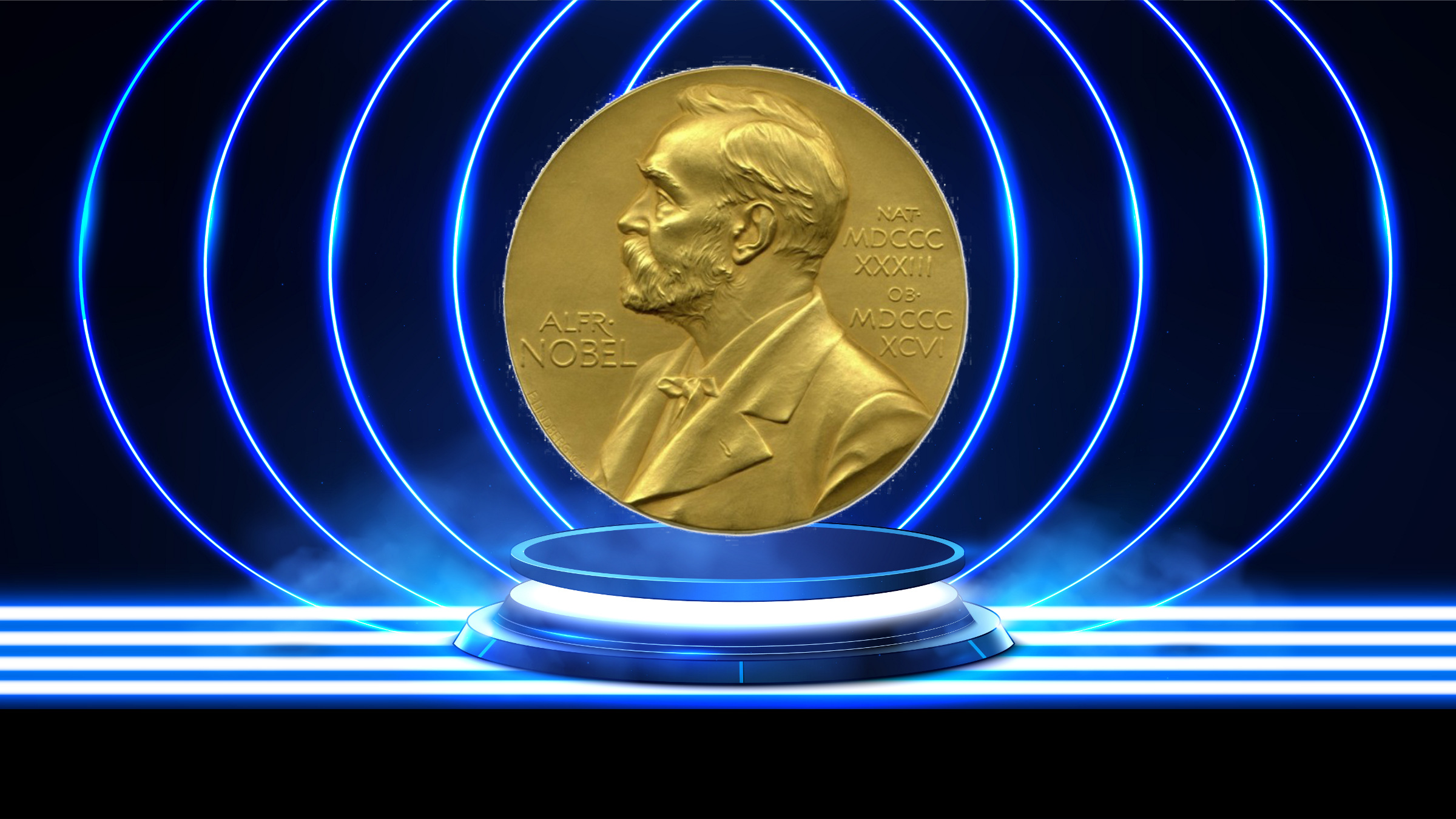
Iowa plans to be the first state to roll out digital driver's licenses on smartphones next year.
Stored in an app that will be accessible wirelessly by Iowa police and the Motor Vehicle Division (MVD) of the Iowa Department of Transportation (DOT), the new licenses promise convenience, or the next step in the encroachment of government surveillance, depending on how you feel about civil liberties.
Says Rob Mikell, director of government mobile solutions for Billerica, MA-based IDEMIA, the company behind the software for the new licenses, "This technology provides a trusted credential that can be quickly and reliably updated by the Department of Motor Vehicles in real time and authenticated by relying parties such as retailers, bankers, schools, pharmacies, or law enforcement officers."
During a typical traffic stop, the app will be initiated by a police officer who pulls over a suspect vehicle, then taps a "send" icon in the IDEMIA software on his/her laptop while seated in his/her police vehicle. The "send" action broadcasts a Bluetooth, low-energy, encrypted signal to the smartphone of the pulled-over driver, where the digital driver license is stored.
The driver, whose phone must have Bluetooth activated to receive the officer's query, sees a notice on his/her phone's screen that the officer is requesting access to his/her digital driver's license, and offering to permit or reject access. Once the driver grants access to the license, the officer's laptop digitally receives permission to view the license, and the data associated with the license is transmitted via an encrypted Bluetooth signal back to the police officer's laptop for viewing.
The driver's license, Mikell says, "is at the center of most in-person transactions where a verifiable proof of identity, age, or residency/address are required, and we are fulfilling the unmet need for a digital version," Mikell says.
Mikell predicts IDEMIA's licenses will be especially appealing to traffic police, since they permit officers to review your digital license from the relative safety of their police cars.
Essentially, this ability to pre-check the driving record of a pulled-over motorist will lead to fewer tense personal interchanges between officers and drivers, given that police officers will often have a better idea of who they're dealing with, according to Mikell. A clean digital license with no offenses, for example, would indicate the driver generally obeys the law; a suspended digital license loaded with prior offenses could indicate the driver might spell trouble for the officer.
"Numerous law enforcement officials and agencies have been exposed to this technology, and their responses have been overwhelmingly favorable," Mikell says.
The digital license will also come with a number of tools police can use to verify its authenticity, including a separate IDEMIA app that detects invisible features the company will embed into the digital license (but which the company declined to disclose).
For drivers, the digital license will mean one less card to forage for in one's wallet, as well as enhanced privacy at places like store checkout counters, Mikell says. The reason: drivers using IDEMIA's digital driver's license as proof of age at a liquor store, for example, will be able to use the app to block some of the data it contains from the store owners' view, like their specific home address, when displaying the digital license indicating their age on their smartphone.
Moreover, the only way you can lose a digital license is if you lose your smartphone, which most people tend to keep track of very closely these days. In addition, even if you do misplace your phone, the digital driver's license on it can only be accessed with a PIN or by facial recognition, and when you notify your state's Department of Motor Vehicles of the loss, the agency will be able to remotely wipe the digital license from your lost phone.
For Iowa drivers, making the switch to digital driver's licenses will start with the downloading of the IDEMIA app from sites like iTunes or the Google Play Store, and adding a selfie of themselves, Mikell says. They'll also need to photograph the front and back of their existing physical driver license card and electronically transmit those photos through the IDEMIA app to Iowa's MVD. "The physical license will be authenticated electronically, and the selfie and the license information will be securely checked against the state's system of record to ensure the applicant is the true owner of the physical license being used," he adds.
Iowa is currently considering late summer or early fall of 2019 as the earliest potential date for an official roll-out of digital licenses, according to Melissa Spiegel, director of the Motor Vehicle Division of Iowa's DOT. She explained MVD's primary motivations behind the switchover are the aforementioned benefits to police officers and drivers, as well as the technology's ability to wirelessly update driver licenses, a feature that will greatly simplify MVD recordkeeping.
Before the official launch, MVD still needs to work with different stakeholders who rely on information from driver's licenses, including government agencies, banks, and retailers, to ensure they will be able to accept information from digital driver's licenses once they become available. "We want those stakeholders to be engaged in the project early on to give their input, share questions, and to interact with" the digital driver's license well before its official release, Spiegel says.
Beyond Iowa, a number of other jurisdictions have had pilot studies on digital driver's licenses, or are studying the technology in other ways. They include Arizona, California, Colorado, Delaware, Idaho, Illinois, Louisiana, Maryland, Utah, Tennessee, Texas, Wyoming, and Washington, D.C.
Moreover, IDEMIA is not the only tech company with digital license technology. Keen competition is coming from Gemalto, a company based in the Netherlands that has pilot studies underway in Idaho, Colorado, Maryland, and Washington D.C.
Not surprisingly, some few civil libertarians are disturbed by the prospect of embedding a wirelessly accessible government document on a smartphone, including Sahiba Sindhu, a privacy advocate at Consumer Watchdog, a nonprofit "dedicated to providing an effective voice for taxpayers and consumers in an era when special interests dominate public discourse, government and politics," according to its website. Sindhu says he is afraid that once an authenticated digital license is on one's smartphone, it will too easy for government entities to collate that highly credible proof of identity with all the other personally identifiable information already stored on that phone.
Sindhu also fears tech goliaths like Google and Facebook could find a way to collate data from your digital driver's license on your smartphone with all the data they already have on you in their cloud databases. Sindhu also is concerned state governments might be tempted to modify the technology behind digital licenses to enable them to track the second-by-second movements of the people using those licenses.
Since digital driver licenses will not be rolled out until next year at the earliest, there are no laws currently in place regarding the extent to which state governments will be able to use that tech to track people. "This would pose a grave privacy concern," Sindhu says.
"Regulations are necessary to ensure that government surveillance—or any other kind of third-party surveillance—does not become an issue," says Sindhu.
Joe Dysart is an Internet speaker and business consultant based in Manhattan, NY, USA



Join the Discussion (0)
Become a Member or Sign In to Post a Comment